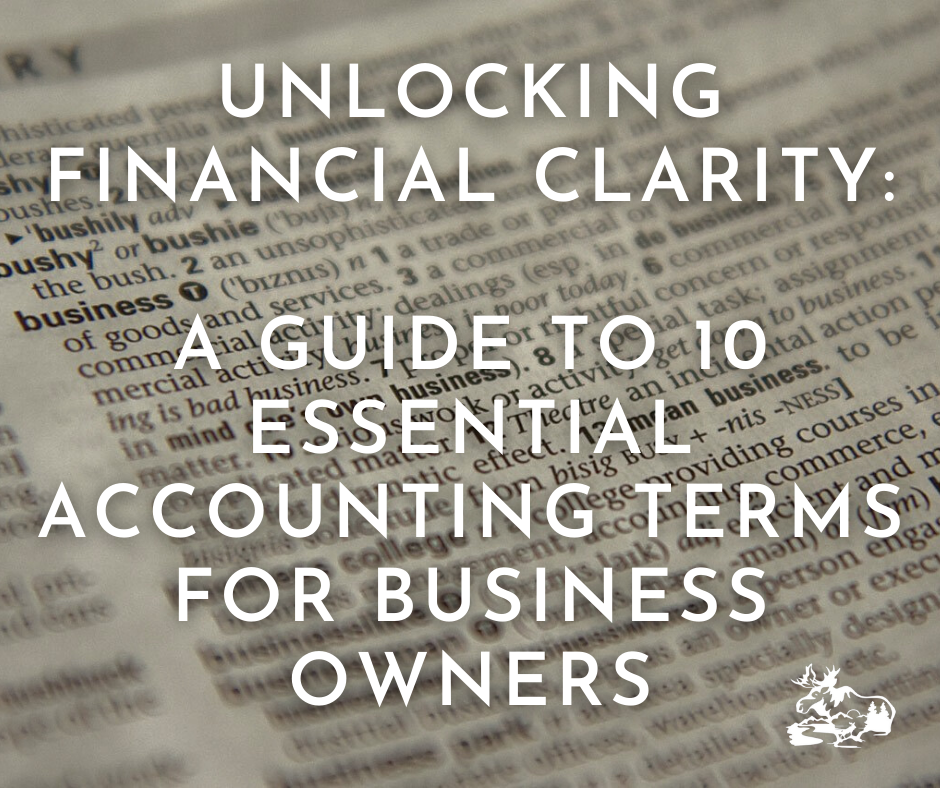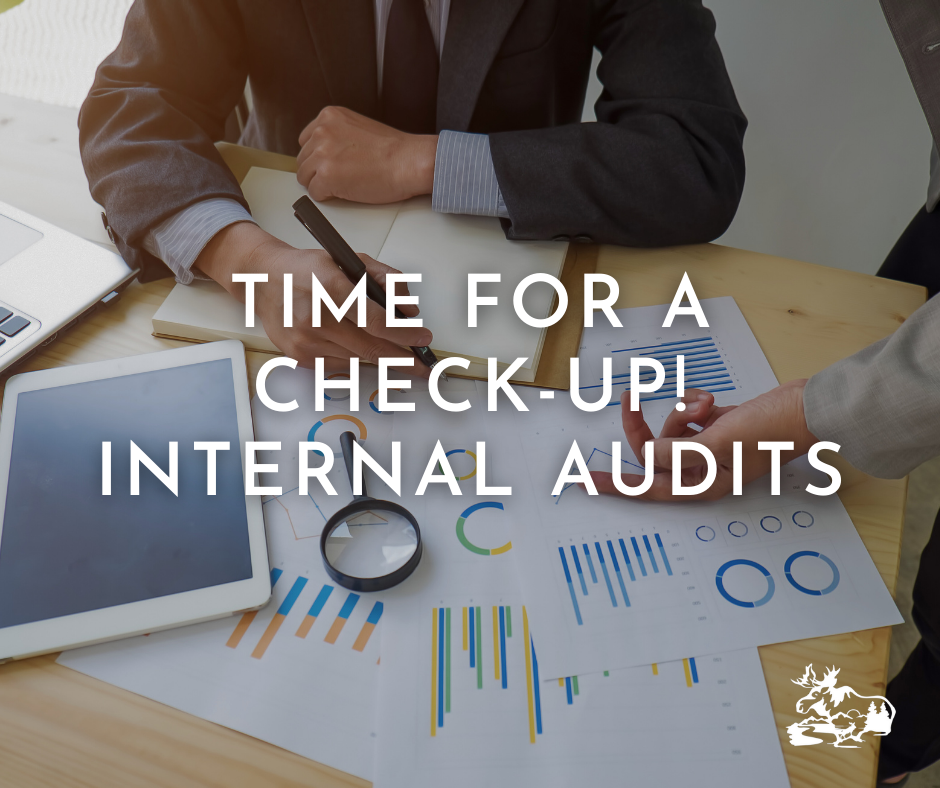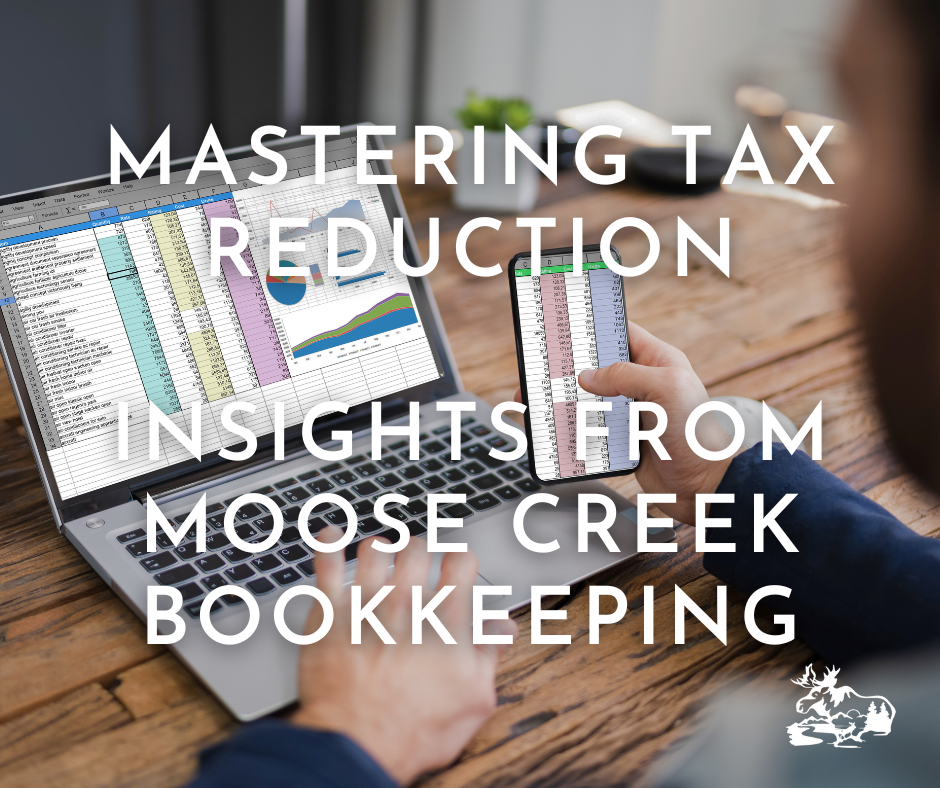Unlocking Financial Clarity: A Guide to 10 Essential Accounting Terms for Business Owners
Happy New Year and welcome back to Moose Creek Bookkeeping! As your trusted partners in financial success, we understand that the world of accounting can be challenging, especially if you don’t understand the basics. Bookkeeping is our passion but we realize it likely is not yours. Your passion is your business and the services or products you provide – we want you to focus on that. However, to empower you with a strong financial understanding, we’ve compiled a list of 10 key accounting terms that will serve as a foundation for your business’s prosperity.
Let’s take a look:
Assets: The things your business owns that hold value, like cash, inventory, equipment, and other cool stuff. Understanding your assets helps you gauge the overall health and value of your business.
Liabilities: Debts that a business owes to external parties, such as loans or accounts payable. This is the amount of money you owe.
Revenue: The money your business earns from selling goods or services. This is a key indicator of current and future financial health.
Expenses: The costs your business incurs to operate, like rent, salaries, and supplies. These should be regularly scrutinized and adjusted (lowered) when possible.
Accounts Payable: The money your business owes to suppliers or vendors. Managing accounts payable ensures timely payments and healthy vendor relationships.
Accounts Receivable: The money owed to your business by customers. Efficient management of accounts receivable is vital for maintaining positive cash flow.
Cash Flow: The movement of money in and out of your business. Understanding cash flow helps you make informed decisions and avoid liquidity issues.
Balance Sheet: A snapshot of your business’s financial health, showing assets, liabilities, and equity. The balance sheet offers a comprehensive view of your business’s financial health at a glance.
Depreciation: The gradual decrease in the value of an asset over time, reflecting its wear and tear. It costs money to use equipment so you want to give that value.
Accrual vs. Cash Accounting: Accrual accounting recognizes revenue and expenses when they are earned regardless of when cash is exchanged; commonly used for large-scale businesses. Cash accounting is often reserved for smaller businesses as it records a transaction only when cash is exchanged.
As you may have expected, this is just the tip of the iceberg when it comes to basic accounting terms. These are the first 10 terms that you should grasp thoroughly to make sure you understand the status of your business when you take a look at your Balance Sheet. We are more than happy to dig into the alphabet soup of advanced accounting acronyms like FIFO and EBITDARM but at Moose Creek Bookkeeping, we believe that understanding the basic accounting terms listed above is the first step toward financial success. If you come across other terms and strategies that are foreign to you or if you need assistance in implementing these concepts into your business strategy, don’t hesitate to reach out.
Give us a call or schedule a discovery call today.







